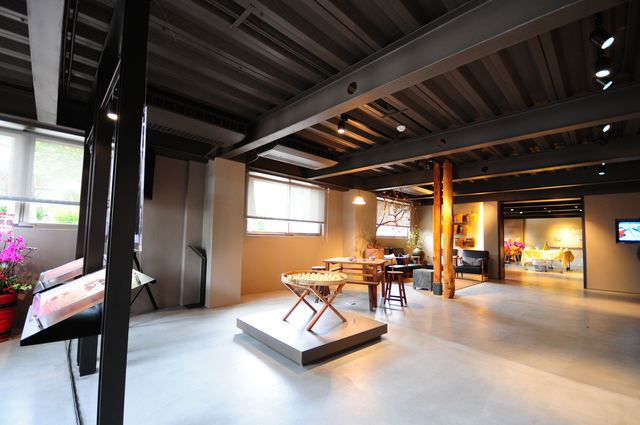Jiang Ji Fermented Tofu Cultural Museum Introduction
Jiang Ji has over sixty years of experience in the traditional production of various types of fermented tofu, gaining recognition worldwide. In 2004, Jiang Ji officially changed its name to New Penglai Food Co., Ltd., entering a new phase of corporate management. In 2011, New Penglai Food established a new factory in Zhongli, Taoyuan, and simultaneously launched the Jiang Ji Fermented Tofu Brand Cultural Museum to expand public awareness of fermented tofu and the delicious legacy of New Penglai Food. Jiang Ji New Penglai Food integrates modern health concepts, meticulously selecting materials for production. The products use carefully chosen non-GMO soybeans, brown rice, wine, and sugar, with no preservatives, artificial colors, or saccharin, made using traditional techniques and the latest equipment, while obtaining ISO 22000 and HACCP international food safety certifications. Jiang Ji employs an exclusive golden ratio to create a perfectly balanced, pleasantly sweet-and-salty fermented tofu that is not cloying. With strict quality control and careful crafting, they insist on producing the best products. The Jiang Ji Fermented Tofu Cultural Museum originates from the emotional connection and the legacy of the Jiang family with fermented tofu spanning a century, conveying the deliciousness of aged fermented tofu, along with stories and memories through the years. The museum not only displays products but also showcases the culture of fermented tofu from the perspectives of production processes, culture, and innovation, featuring a space that combines professional research and development techniques, traditional craftsmanship, and modern design. Additionally, it offers a fermented tofu DIY experience (reservation required), demonstrating a new perspective of fermented tofu that differs from traditional impressions through both static and dynamic exhibitions.









































